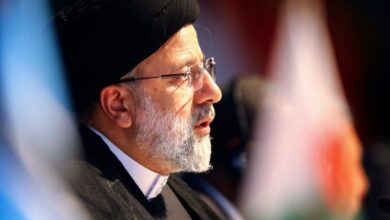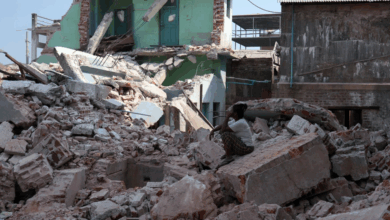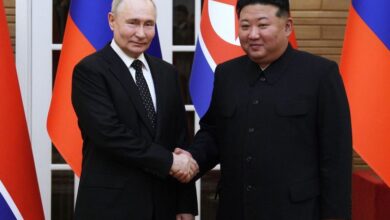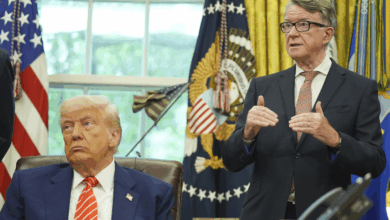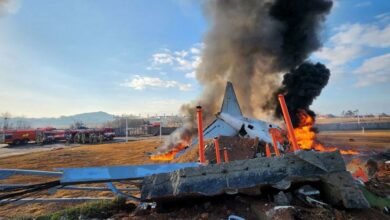India Demands Justice for Kashmir Attack Amid Escalating Tensions with Pakistan
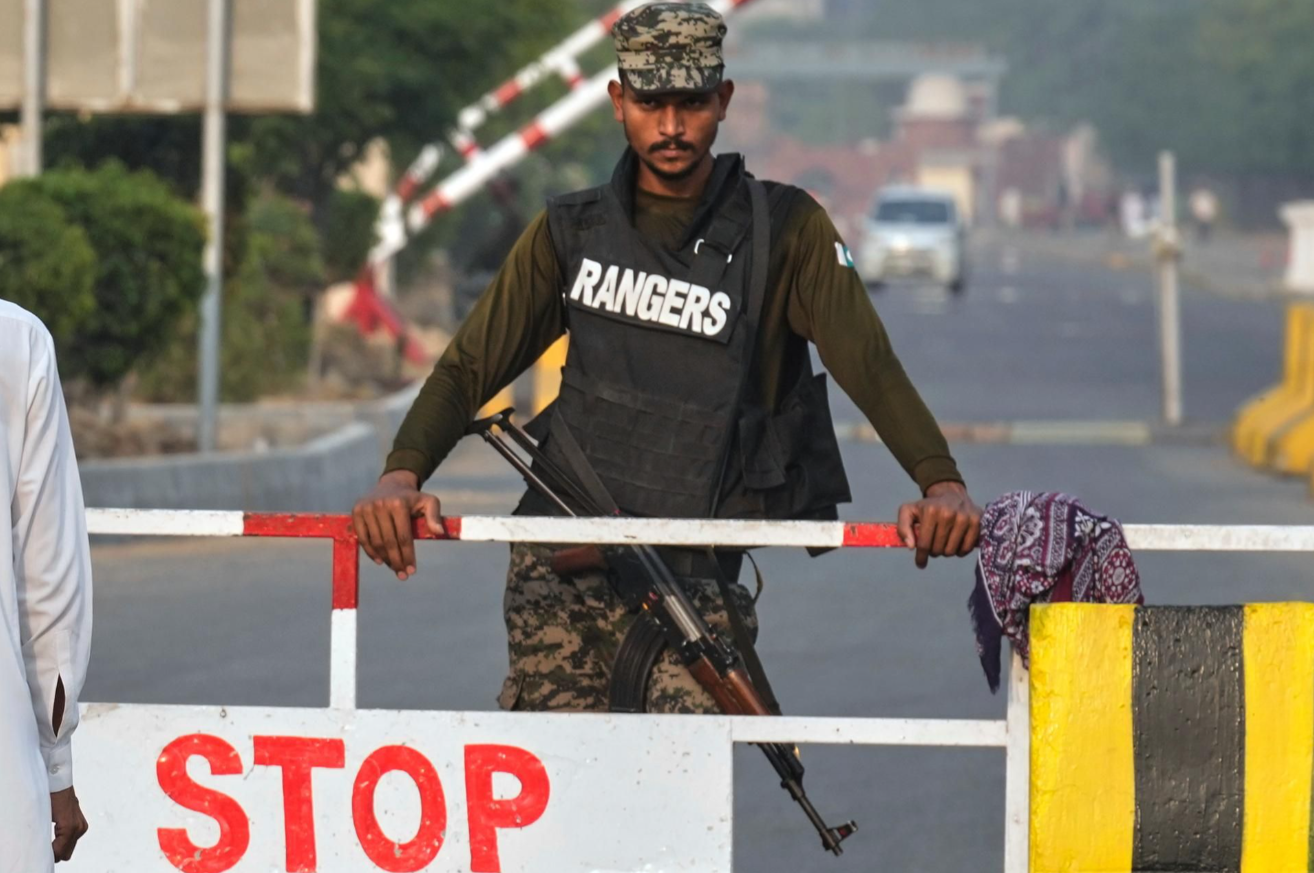
New Delhi, May 1, 2025 (WE) — India’s Foreign Minister, Subrahmanyam Jaishankar, said on Thursday that those behind the recent deadly Kashmir Attack “must be brought to justice.”
The assault took place on April 22 in Pahalgam, a well-known tourist spot in Indian-administered Kashmir. It left 26 civilians dead, most of them Hindu pilgrims.
The attack has sharply escalated tensions between India and Pakistan. Both countries are nuclear-armed and have a long history of conflict over the disputed region of Kashmir.
The Attack and Immediate Aftermath
On April 22, gunmen opened fire on a group of tourists in Pahalgam, killing 26 individuals. The attack was claimed by The Resistance Front (TRF), a group believed to be linked to the Pakistan-based Lashkar-e-Taiba, a U.N.-designated terrorist organization. Indian authorities have released wanted posters for three suspects—two Pakistani nationals and one Indian—allegedly affiliated with TRF.
In response, Prime Minister Narendra Modi convened a high-level security meeting, granting the military “complete operational freedom” to respond to the attack. This directive has led to heightened military readiness along the Line of Control (LoC), the de facto border between India and Pakistan in the Kashmir region.
Diplomatic Exchanges and International Involvement
U.S. Secretary of State Marco Rubio engaged in separate conversations with both Jaishankar and Pakistani Prime Minister Shehbaz Sharif, urging de-escalation and cooperation in bringing the perpetrators to justice. While India emphasized the need for accountability, Pakistan denied involvement and called for a neutral investigation into the incident.
The United States has expressed support for India’s right to self-defense while also advocating for restraint to prevent further escalation. Other international actors, including China and the United Nations, have similarly called for calm and dialogue between the two nations.
Military Tensions and Ceasefire Violations
Since the Kashmir Attack, there have been nightly exchanges of gunfire along the Line of Control (LoC). Both India and Pakistan accuse each other of initiating unprovoked firing. The Indian Army stated that Pakistani forces targeted Indian positions in Kupwara, Uri, and Akhnoor. In response, India launched proportional retaliatory fire.
Pakistan has denied the allegations. It has instead accused India of repeated ceasefire violations. Reports also suggest that Pakistan has moved military reinforcements closer to the LoC. These include Chinese-origin SH-15 howitzers.
The rising tensions have triggered further action. Over 1,000 madrassas (religious schools) in Pakistan-administered Kashmir have been closed. Authorities in the region fear a potential Indian military strike. Islamabad has also claimed it possesses credible intelligence about an imminent Indian attack, intensifying the already fragile situation.
Read More:
- U.S. and Ukraine Finalize Landmark Economic Agreement Amid Ongoing Conflict with Russia
- Seoul Condemns Pyongyang’s Admission as ‘Confession of Criminal Activities’ Amid North Korea’s Troop Deployment to Russia
- Power Outages in Spain, Portugal, and France Disrupt Travel; Cause Remains Unclear as States of Emergency Declared
Suspension of the Indus Water Treaty
In a significant development, India has suspended its participation in the Indus Water Treaty, a longstanding agreement governing the use of shared rivers between the two countries. The move is seen as a strategic pressure tactic, given Pakistan’s heavy reliance on the Indus basin for agriculture and electricity. Pakistan has labeled the suspension an “act of war” and vowed to challenge any disruption to its water supply.
Historical Context and Risks of Escalation
The current crisis surrounding the latest Kashmir Attack in Pahalgam mirrors a familiar pattern of past escalations between India and Pakistan. One of the most notable examples was the 2019 Pulwama attack, which killed 40 Indian paramilitary personnel. That incident led to Indian Air Force strikes on Balakot and pushed both nations to the brink of full-scale war.
Analysts warn that rising military posturing, reciprocal diplomatic expulsions, and India’s move to suspend the Indus Waters Treaty could lead to rapid escalation. With tensions already high, even a small skirmish could spark a broader conflict.
Both countries possess significant nuclear arsenals, making the situation highly dangerous. Missteps or provocations along the Line of Control (LoC) could have devastating consequences for the region—and potentially beyond.
The international community, including major powers like the United States, China, and the United Nations, is closely monitoring developments. These actors have repeatedly called on both India and Pakistan to show restraint and resolve their disputes through peaceful means.


